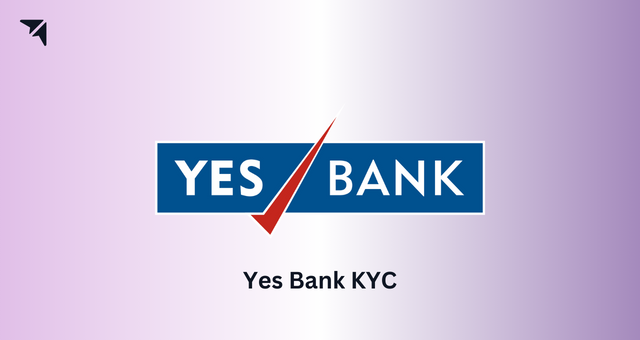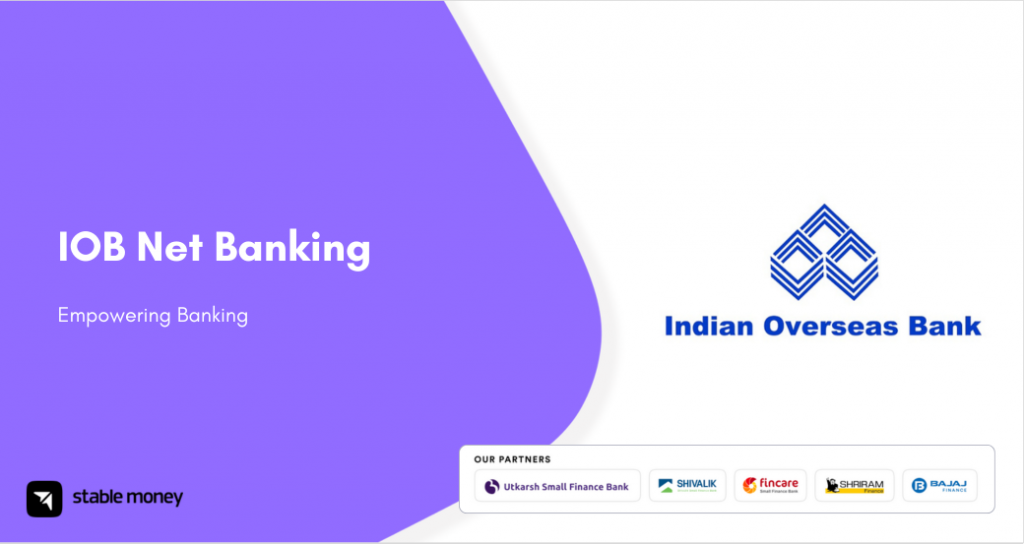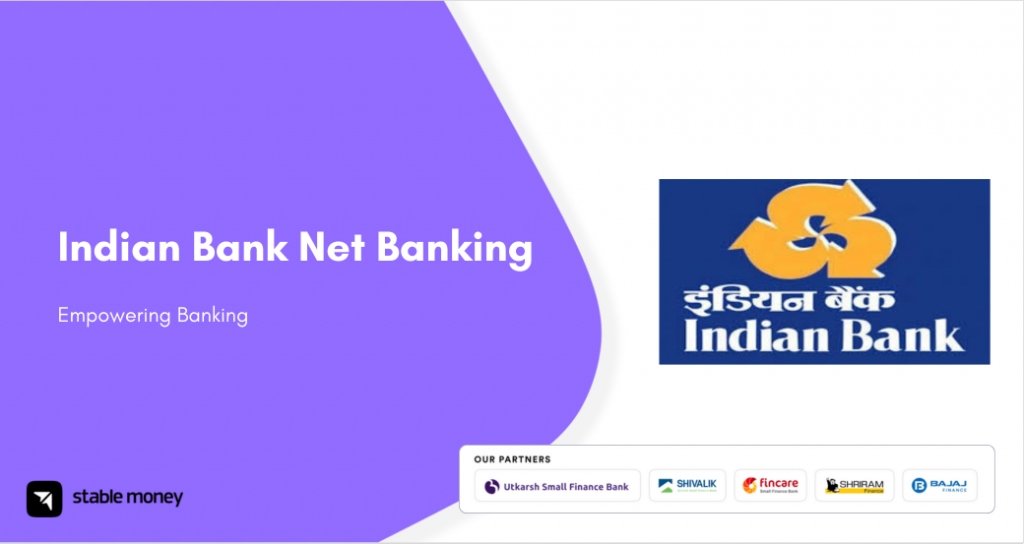
If you receive a notification from YES Bank requesting an update to your KYC details, it is in your best interest to respond promptly. Failure to update your KYC within the prescribed time frame could lead to a temporary deactivation of your bank account. To save yourself from the hassle of reactivating your account, you should update your KYC details before the due date.
This blog will help you do that by providing a comprehensive guide on how to update YES Bank KYC details while highlighting other essential details.
How to Update YES Bank KYC Online?
The YES Bank online KYC update process varies for different entities. Let’s go through the step-by-step process for each one.
1. Resident Individual Customers
To update KYC through the YES Service Portal, follow these steps:
- Step 1: Visit https://yesrapido.yesbank.in/sdssp/d/ , and log in.
- Step 2: Click on the ‘Re-KYC Service Request’.
- Step 3: Choose appropriate options and click ‘Submit’.
You can also use the YES Online to update your KYC information. Here’s how to do so.
- Step 1: Log in to YES Online.
- Step 2: At the RE-KYC Pop-up, select the applicable option.
- Step 3: Complete your KYC update through Aadhar E-KYC authentication.
2. Non-Resident Indian (NRI) Customers
YES Bank KYC update online can be completed for NRIs through the YES Service Portal. Follow these steps to learn how.
- Step 1: Log in to the YES Service Portal.
- Step 2: Select ‘NRI Service’ and enter KYC details.
- Step 3: Upload KYC documents and authenticate via Debit Card PIN or RNB login password.
How to Update YES Bank KYC Offline?
Resident individuals, non-resident individuals, non-individual customers and sole proprietors can update their KYC offline by visiting their nearest YES Bank branch. To update their details, they have to submit a re-KYC form along with all their KYC documents.
Documents Required for YES Bank KYC
Go through the following lists to find acceptable YES Bank KYC documents for resident individuals, non-resident individuals, and non-individuals including statutory corporations, trusts, HUFs, private limited companies and more.
1. Resident Individual Customers
- Passport
- Voter ID Card
- Driving Licence
- NREGA Job Card and Others
- UID (Aadhar) authenticated offline or via e-KYC mode
- Letter issued by National Population Register
- PAN or Form 60
2. NRI Individual Customers
- Passport
- Voter’s Identity Card
- Driving Licence
- NREGA Job Card
- Letter issued by National Population Register
- Utility Bill (Not more than 2 months old)
- Property of Municipal tax receipt
- OCI PIO Card
- Letter issued by the Foreign Embassy
3. Sole Proprietor
- PAN Card
- Two Entity Proofs
- One Address Proof
4. Statutory Corporation
- Entity proof (e.g. Letter from the ministry or Govt. Notification that acknowledges the constitution of the Entity)
- Address proof
- PAN Card or Form 60
- Resolution for account opening (A request letter with the letterhead of the entity or entity seal)
5. Trust
- Trust Declaration
- Entity and Address Proof
- Trust Deed with signature by at least 2 authorised/managing trustees
- PAN Card in the Trust’s name
- A certified copy of the Resolution to open/maintain the bank account
- Certification of Registration
6. Hindu Undivided Family
- PAN in the name of HUF
- Entity and Address Proof
- Karta’s ISA
- Duly signed HUF Declaration
7. Private Limited Company
- Entity and Address Proof
- Memorandum of Association (MOA) or e-form INC 33
- Certificate of Incorporation
- Articles of Association (AOA) or e-form INC 34
- PAN Card in the Company’s name
- Duly signed Board Resolution (BR)
8. Public Limited Company
- Certificate of Commencement of Business/Form INC-21 and INC 22 or Form INC 29 with appropriate challan
- Memorandum of Association (MOA) or e-form INC 33
- PAN Card in the Company’s name
- Duly signed Board Resolution (BR)
- Entity and Address Proof
- Certificate of Incorporation
- Articles of Association (AOA) or e-form INC 34
9. Society
- Entity and Address Proof
- Rules and By-Laws of the institution (with the signature of its President/Secretary/Member of its Managing Committee/Chairperson)
- Registration of the society (with a signature of its President/Secretary/Member of its Managing Committee/Chairperson)
- Resolution to open the account (with a signature of its President/Secretary/2 authorised signatories/Chairperson)
- Society’s Memorandum of Association (MOA) and rules and regulations
- PAN Card is the Society’s name.
10. Partnership Firm
- Entity and Address Proof
- Latest partnership deed
- Partnership declaration (signed by all partners)
11. Limited Liability Partnership
- Entity and Address Proof
- Contract/Project award letter
- Joint venture agreement
- PAN card of the joint venture
- Latest Board Resolution
12. Mutual Funds Company
- Entity and Address Proof
- Board Resolution
- Entity Constitution Document
- List of authorised signatories
- RBI licence
- PAN Card
13. Insurance Company
- Entity and Address Proof
- PAN Card
- Board Resolution
- Constitution Documents
14. Financial Institution
- Entity and Address Proof
- SEBI Registration
- PAN Card
15. Association
- Entity and Address Proof
- By-Laws and Rules of the institution
- Certificate of Registration
- PAN card in the association’s name
- Memorandum of Association (MOA)
16. Government Departments
- Entity and Address Proof
- PAN Card or Form 60
- Resolution for account opening (A request letter with the letterhead of the entity or entity seal)
17. Foreign Company
- Entity and Address Proof
- Board Resolution or Resolution by the appropriate authority of the Entity to open the account, invest in India, and mode of operation
YES BANK KYC Form
To update your KYC with Yes Bank, you can download the YES Bank KYC form and submit it to the nearest branch. If the online KYC update is more convenient for you, you can perform the due diligence by visiting the YES Service Portal and following the instructions to complete the KYC update.
Final Word
With the advent of digital banking, YES Bank has made account holders’ KYC updation process easy and simple. A bank customer does not have to visit a bank branch and can complete the YES Bank KYC update from the comfort of his/her home using a device.
FAQs
Anyone with a current or savings account, credit card or loan account with YES Bank can use YES Online without any charges.
The KYC process is important for the bank as it involves all the essential measures to verify the identity of a customer. With KYC, a bank can assess and monitor risks associated with banking activities.
Yes, individuals can undergo the re-KYC process of YES Bank via mail. All they need to do is mail their form to [email protected] along with their customer ID.
Disclaimer
This article is solely for educational purposes. Stable Money doesn't take any responsibility for the information or claims made in the blog.

